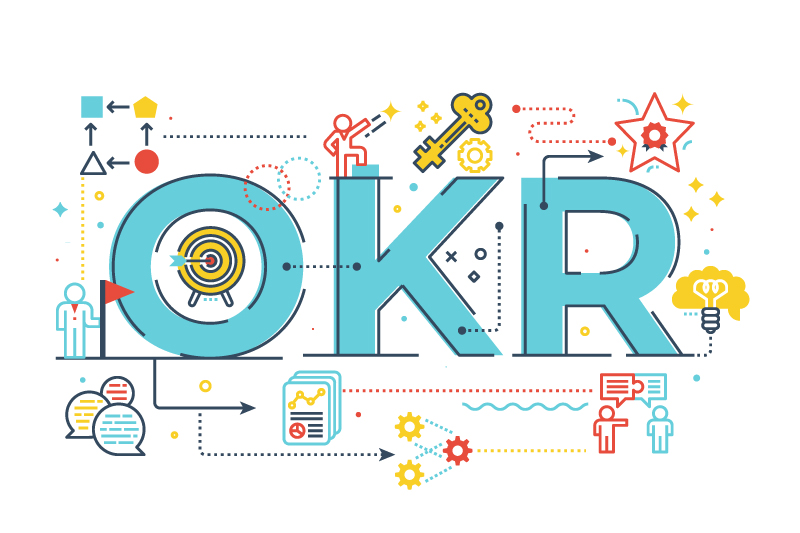OKR Do’s & Dont’s, Learnings
Are you interested in working with OKR (Objectives and Key Results) or have you already started? We at access2agile have summarised the most important practical tips for a successful start with #OKR:
Create the right conditions for OKR
You will have an experienced OKR coach and leader at your side.
Formulate a clear vision and strategy
Set an example as top management
Avoid a compulsory introduction without communicating clear added value
Clear and objective formulations of MOALs & corporate OKRs
MOALs (Mid-term gOALs = GOALS, with a horizon of 1 year.) and OKRs must be understood by all – only then will employees develop meaningful OKR sets from them that pay off in terms of the company’s goals.
Complete, clear and measurable KeyResults
When formulating the KeyResults, think of the following guiding question:
“How can we tell that we have achieved the objective?
Use the retrospective and expect setbacks
It’s hard to start – don’t stop before you’ve started.
OKR has to be learned and is a continuous development process.
Analyse the past OKR cycle together and learn from it for the following ones.
Don’t link your OKRs to commissions or performance measures
There is a danger of setting unambitious and easily achievable goals.
It stirs up fear of not achieving the goals and can have a demotivating effect or even create pressure
OKR should be adapted to your organisation
Every organisation is unique – do not try to copy Google or other role models one-to-one in order to be successful.
The OKR framework should be individually tailored to the respective organisation and its framework conditions





